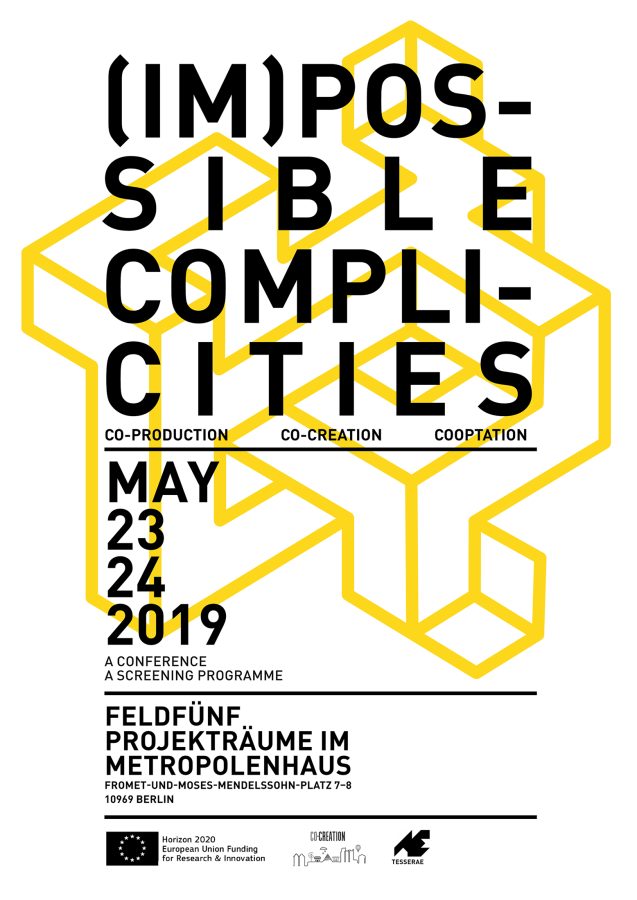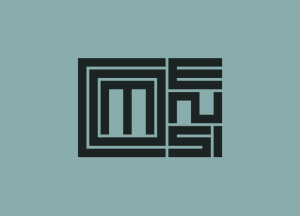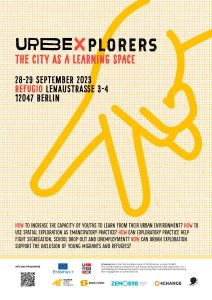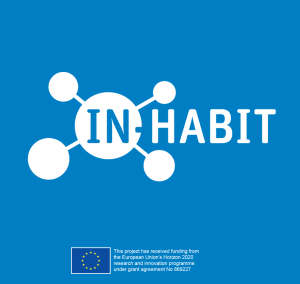This conference is an exercise to look at practices and reflections which may shed light on this context, helping to discern, understand and critically study community-based co-production and co-creation. It looks at a number of fields related to activism in housing, public space development, employment, migration, energy efficiency, climate change, food and waste management, urban poverty etc.
The conference is part of the CoCreation– EU Marie Curie Rise project involving academic and non-academic partners from Europe and Latin America. The conference have a practice-oriented multidisciplinary approach, including non-strictly academic formats and interactive presentations.
DAY 1
SESSION 1: CoCREATION, CoPRODUCTION, COOPTATION
Productive or seductive: towards a critical manifesto of co-creation. Sue Brownhill (Oxford Brookes University) and Laura Colini (Tesserae)
Recent years have seen a proliferation of the ‘Co-’ term in the academic and policy literature with much debate over the actual meaning of the concept in different contexts. The paper questions advantages and disadvantages of using this concept.
Co-incidences and the multiplicities of Co-.
Julia Udall, Sam Vardy, Goran Vodicka (Sheffield Hallam University), Paula McCloskey (Derby University)
How can we start to think about relations with others in the production of and life in the contemporary city, when our language, imagination and praxes have been so co-opted by the spectacle and capital? Whether we call it the anthropocene, the chthuluscene or the capitaloscene, our epoch is fundamentally relational, both the crises that engulf the earth and the alternative imaginaries that are made and necessary all speak of connections, affiliations, alliances, networks and interdependencies, all of which relate in complex, non-linear, entangled ways. At the core of many resistant, creative, relational practices and positions is a recurring and dominant figure, the prefix co- ; which has been exhausted of power and potential as it tries to fuel collective desires and practices, nowhere more so than in the life and transformations of the city.
“Slam resistência” (Slam resistance), is a collective movement of poetry slams performed in an public urban space of São Paulo, Brazil, since 2014, as a consequence of the Brazilian protests in 2013 that has spread out across various Brazilian cities.
SESSION 3: KEYNOTES. CREATIVE PLACEMAKING OR NEOLIBERAL ART-WASHING?
Place Guarding: An End to the Slow Violence of Creative Placemaking and Gentrification?.
Stephen Pritchard (Northumbria University)
Creative placemaking is a dominant global vehicle for the implementation of neoliberal ideologies like the Creative City and Creative Class. This paper positions creative placemaking as a tool for artwashing social cleansing, dispossession and displacement. It explores how activist art within the context of housing protests and community art as a democratic form of grassroots neighbourhood planning can offer potentially generative, radically different alternatives that can resist appropriation and bring about positive community-led change.
Place guarding is an attempt to describe the collective acts of protecting existing people and places from the ravages of neoliberalism, and from policies and practices such as creative placemaking and artwashing – a means of enacting people’s rights to their cities, towns, villages and neighbourhoods that places existing communities at the heart of planning and regeneration rather than displacing them with slow violence of gentrification.
Territories: collective stories, collective actions
Bernardo Gutierrez
SESSION 4A: COPRODUCTION VS COOPTATION
Social innovation and civilian resilience: Naples and the case of “Beni Comuni”
Emilio Caja (Oxford University)
SESSION 5A. MAPPING AND CO-DESIGN
The city through the eyes of others! Mapping and spatial research methods between representation and process.
Antje Lehn (Academy of Fine Arts Vienna) and Korinna Lindinger (Technische Universität Wien)
Challenges and potentials of different mapping and (participatory) spatial research methods have been
tested in cooperation between a primary and a lower secondary school, two universities, an architectural office and the local Research Center for the history of Minorities in Vienna. Research methods and presentation displays were mostly developed in cooperation and exchange with the children as co-researchers.
The Mapping San Siro Experience: from a wandering research group to established community hub?
James Patrick MacNeil (University of Milano-Bicocca).
Since October of 2018, I’ve been frequenting the space Trentametriquadri (30m 2 ), an office managed by Mapping San Siro, a group of researchers from the Politecnico of Milan, located in the public housing neighbourhood of San Siro. Originally beginning as a 10-day workshop in 2013 with the intentions to explore and better understand the area, to setting up an office in an abandoned bar with a special agreement from the regional public housing agency (ALER), they have become an integral actor in the neighbourhood, organising several physical, social and economic regeneration projects, as well as creating and leading a network of local associations.
Apriti Piazza!
Annalisa Pecoriello (Mhc -Progetto territorio, University of Florence).
Constituent relations across the city: Three perspectives from practice. Julia Udall, Sam Vardy, Goran Vodicka (Sheffield Hallam University), Paula McCloskey (Derby University).
Citizen engagement and collaborative urban knowledge creation – means and incentives for a shared data commons.
Ina Blümel (German National Library of Science and Technology / Hannover University of Applied Sciences and Arts)
Dance, periphery and identity: the experience of Internazionale Corazon
Elena Dragonetti, Francesca Marconi, Carlo Venegoni (Cure cultural association)
Internazionale Corazon (IC) started in 2017 in Milano in the framework of “Super the Festival of Peripheries”, following a preliminary research which focused on specific informal use of public spaces – dance and physical training – in peripheral neighbourhoods.. Most of the people and groups we met resulted to have migrant background. Frequently, neither the value of their art practices nor their rights as citizens are acknowledged by the municipal and art institutions. Though, underground mezzanines, open air squares and sheltered semi-public areas where informal temporary communities gather appeared to us as natural laboratories of intersectionality and potential sources of cultural transformation, where codes, rules and practices of doing together are collectively negotiated.
IC is a participatory art process enabling anyone joining it to ‘perform’ and ‘act up for citizenship’, using dramaturgical and performative contemporary languages, and at the same time supporting local community to acknowledge a broader idea of belonging.
Embodied Map Tools.
Alessandro Carboni



